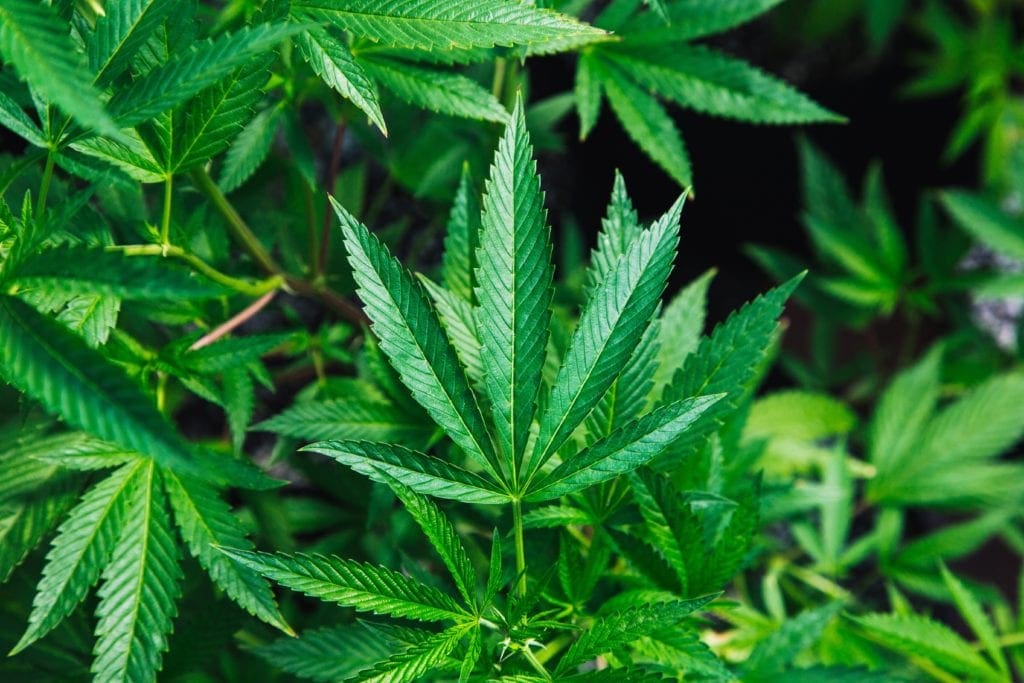President Donald Trump will continue to allow states to legalize marijuana if they choose to do so. During a press briefing on Friday, August 30, 2019, a Washington Examiner reporter asked Trump if cannabis would be legalized at the federal level while he is still in office.

Trump responded, “We’re going to see what’s going on. It’s a very big subject and right now we are allowing states to make that decision.” He added that “a lot of states are making that decision, but we’re allowing states to make that decision.”
To his credit, Trump on the presidential campaign trail has said that he supports the legalization of medical marijuana and that the question of legalization “should be a state issue, state-by-state.” He recognizes that drug reform is here to stay and is part of the American populace’s recognition that the traditional drug war approach has failed.
Moreover, President Trump supported Colorado Republican Senator Cory Gardner’s efforts to introduce bipartisan legislation that would protect states with legal marijuana from federal overreach. Trump declared that he “really” supports the bill. Attorney General William Barr has echoed Trump’s sentiment and supports the passage of legislation which would harmonize state and federal laws concerning marijuana. In April during a Senate hearing, Barr stated that he would like Congress to pass a law along the lines of Gardner’s bill instead of keeping the current system in place.
With how prominent the opioid crisis has become in America, there’s reason to believe that drug reform could help combat it. Some studies indicate that states like Colorado with legal marijuana have experienced fewer opioid overdoses. This hints at a substitution effect of sorts where individuals who would traditionally turn to opioids end up using marijuana instead.
Regardless of one’s stance on the issue of drug consumption, this is clearly a matter that state legislatures should handle. The Tenth Amendment, which is one of the pillars of political decentralization in the U.S. Constitution, has been a routine victim of federal government overreach. As a result, the federal government has turned into a massive administrative state that infringes upon the rights of millions of people nationwide, while also overriding the sovereign power of state government.
Centralized government eventually becomes out of touch with the political jurisdictions at lower levels. This becomes even more magnified in a country of over 300 million people like the United States. In these times of political polarization, a more local approach to governance is preferable. The marijuana question is ultimately a matter that state legislatures and local municipalities, not Washington D.C., should decide.




















